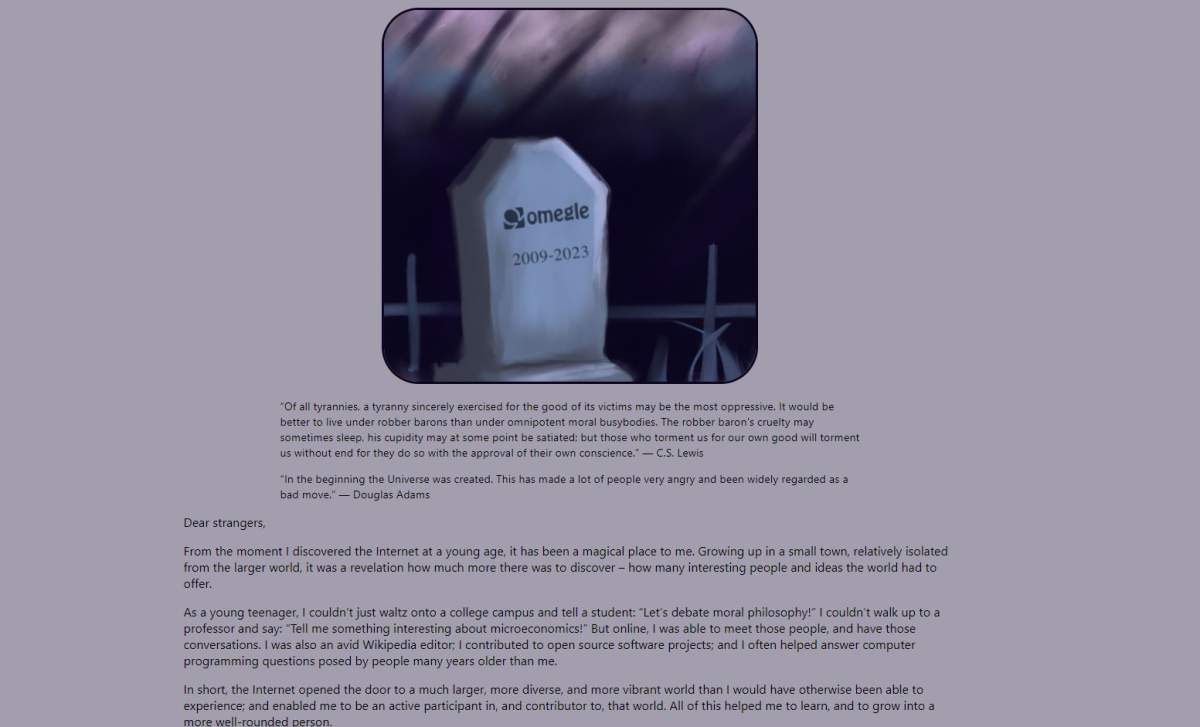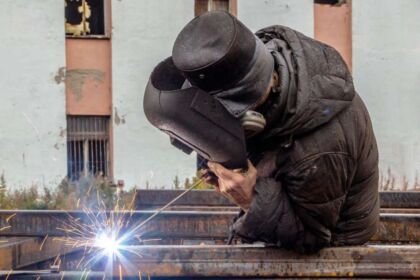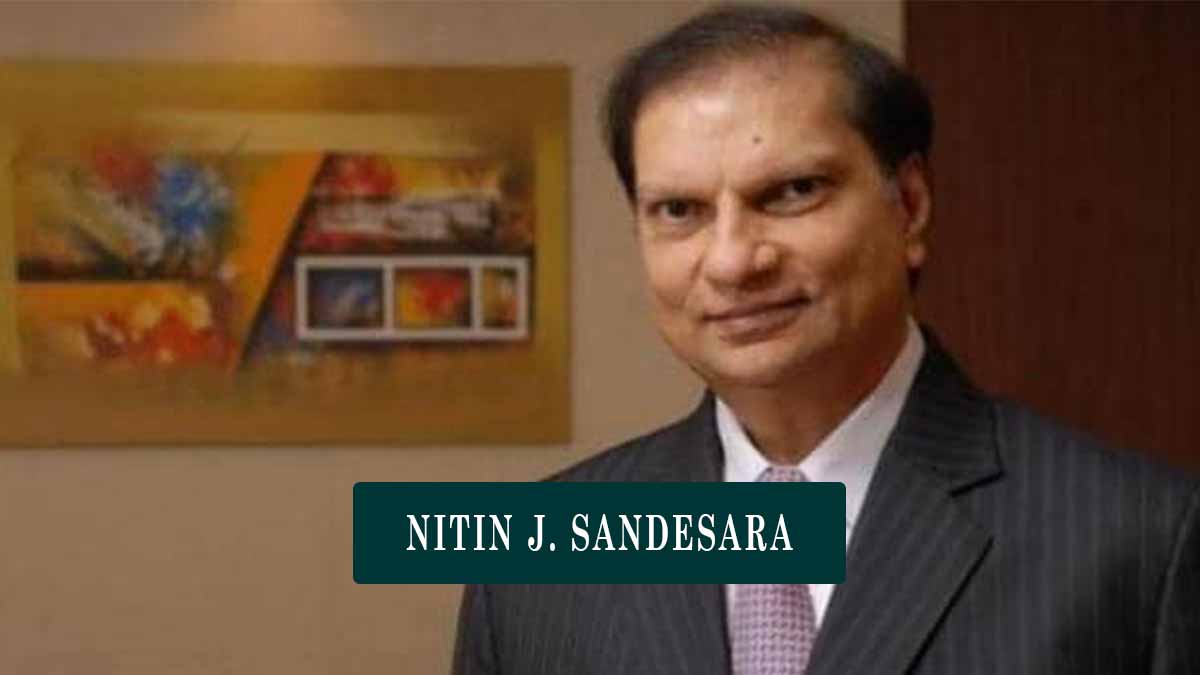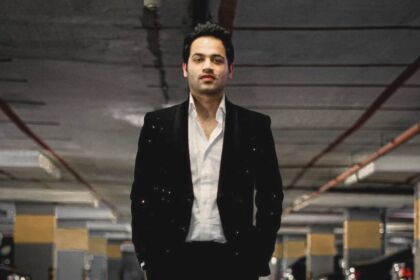Start Your Own Law Firm – A Step-by-Step Guide
Embarking on the journey of starting your own law firm can be an exciting yet challenging endeavor. Aspiring legal entrepreneurs must navigate various legal, operational,…
Grow, expand and leverage your business..
With our FREE Business Tool kit which will you love.

Why Did Omegle Shut Down?
In the ever-evolving landscape of online platforms, the sudden shutdown of a familiar website causes confusion and curiosity. Omegle is…
Metal Fabrication and Its Potential Market
What is Metal Fabrication? Metal fabrication is a versatile and essential process in the manufacturing sector. It involves transforming raw…
Start Your Own Law Firm – A Step-by-Step Guide
Embarking on the journey of starting your own law firm can be an exciting yet challenging endeavor. Aspiring legal entrepreneurs…
Small Business Flight Plan – All You Need to Know
Starting and growing a small business is akin to embarking on a journey. To navigate the ever-changing entrepreneurial landscape successfully,…
By Categories
Business Lookup New York
In the heart of the United States, the state of New York stands as a symbol of ambition, and innovation. Among the countless narratives of…
Featured Post
How Manufacturers Benefit from Using Fewer Scarce Resources
In the ever-evolving landscape of global manufacturing, efficiency is the holy grail. The ability to produce high-quality goods while minimizing costs and environmental impact is…
Software Business Models – Everything You Need to Know
In the dynamic landscape of the tech industry, software business models play a pivotal role in determining the success of…
Nitin Sandesara – Net worth, Age, Wife, Sandesara Brothers
Nitin Sandesara, a prominent figure in the world of business, has garnered both admiration and notoriety for his involvement in…
New Manufacturing Business Ideas with Medium Investment
In the ever-evolving landscape of entrepreneurship, manufacturing businesses have carved out their own realm of opportunities. With 2024 upon us,…
Business Lookup New York
In the heart of the United States, the state of New York stands as a symbol of ambition, and innovation.…
Business Solutions
New Manufacturing Business Ideas with Medium Investment
In the ever-evolving landscape of entrepreneurship, manufacturing businesses have carved out their own realm of…
Indian Premiere League (IPL) Cricket’s Profitable Business
The IPL is more than just a cricketer’s tournament; it’s a thriving business entity. The…
Grow, expand and leverage your business..
With our FREE Business Tool kit which will you love.

How to Start a Flooring Business – A Step-by-Step Guide
Starting a flooring business can be a rewarding venture for those with a passion for…
Financial Planning: Defining, Key Components and Guidance
Financial success doesn't happen by chance. It's the result of careful thought, strategic decision-making, and…
All the latest news straight to your inbox
Subscribe to our newsletter to get our newest articles instantly!
High Quality Business News
News in every single Hours.
In This Issues
-
# MORE TAGS:
- Business Solution
- News
- Living
- Franchise
How to Start a Home Cleaning Service Business
Starting a home cleaning service business can be a rewarding venture for those with a passion for cleanliness and organization.…
How to Start a Bakery Business from Home
Are you a passionate baker with a dream of starting your own bakery business? Starting a bakery from the comfort…
How to Cancel Your Primerica Life Insurance
Before canceling your Primerica life insurance policy, it's essential to understand the company's offerings and the implications of canceling your…
Metal Fabrication and Its Potential Market
What is Metal Fabrication? Metal fabrication is a versatile and essential process in the manufacturing sector. It involves transforming raw…
Raj Shamani – Age, Net Worth, Business, Education
Raj Shamani is one of the most popular personalities on the internet for the podcast show Figure it Out. For…
Funnel Cake Factory: The Business Opportunity and Market Share
The sweet smell of fried dough, dusted with powdered sugar, is a familiar call to the senses at any carnival…

























